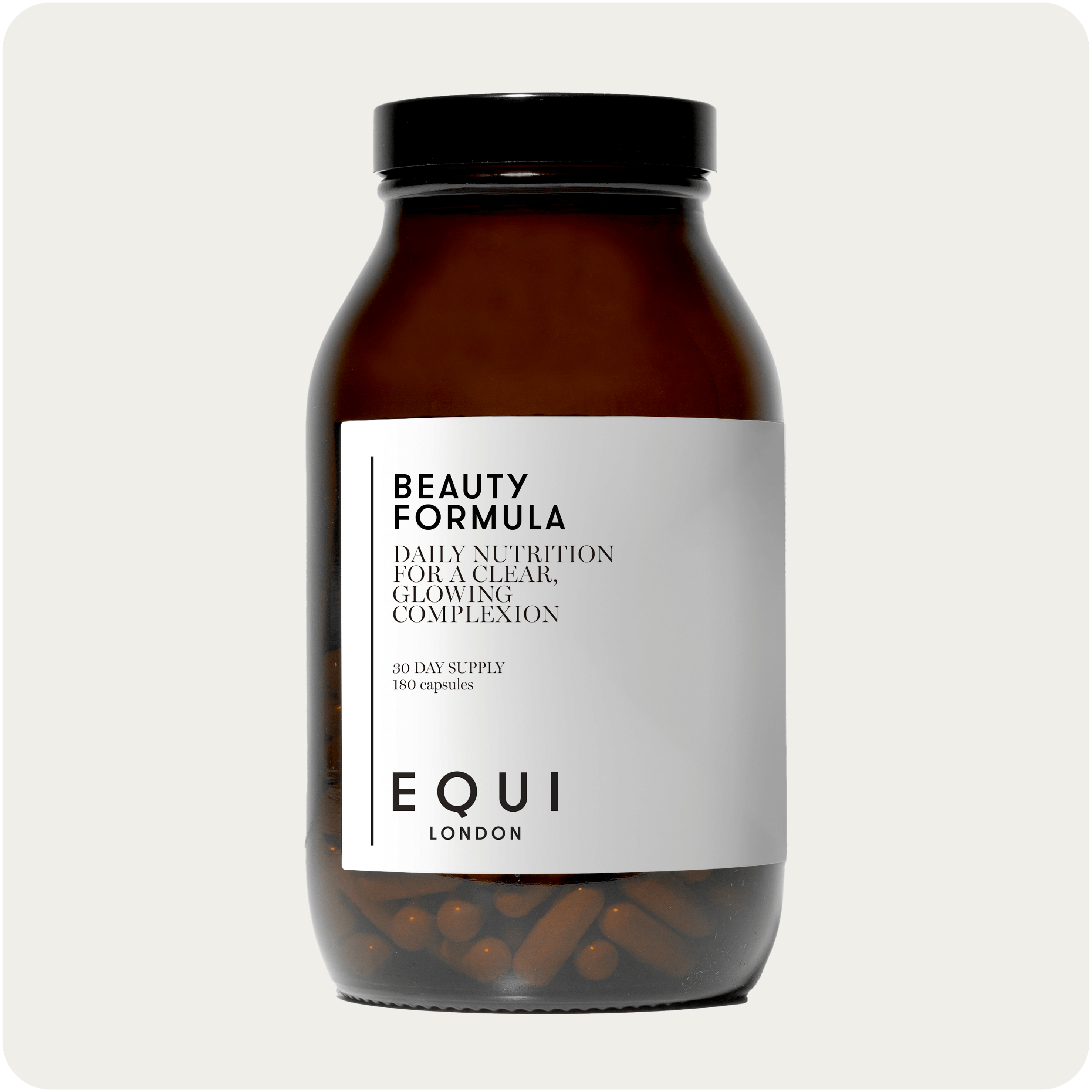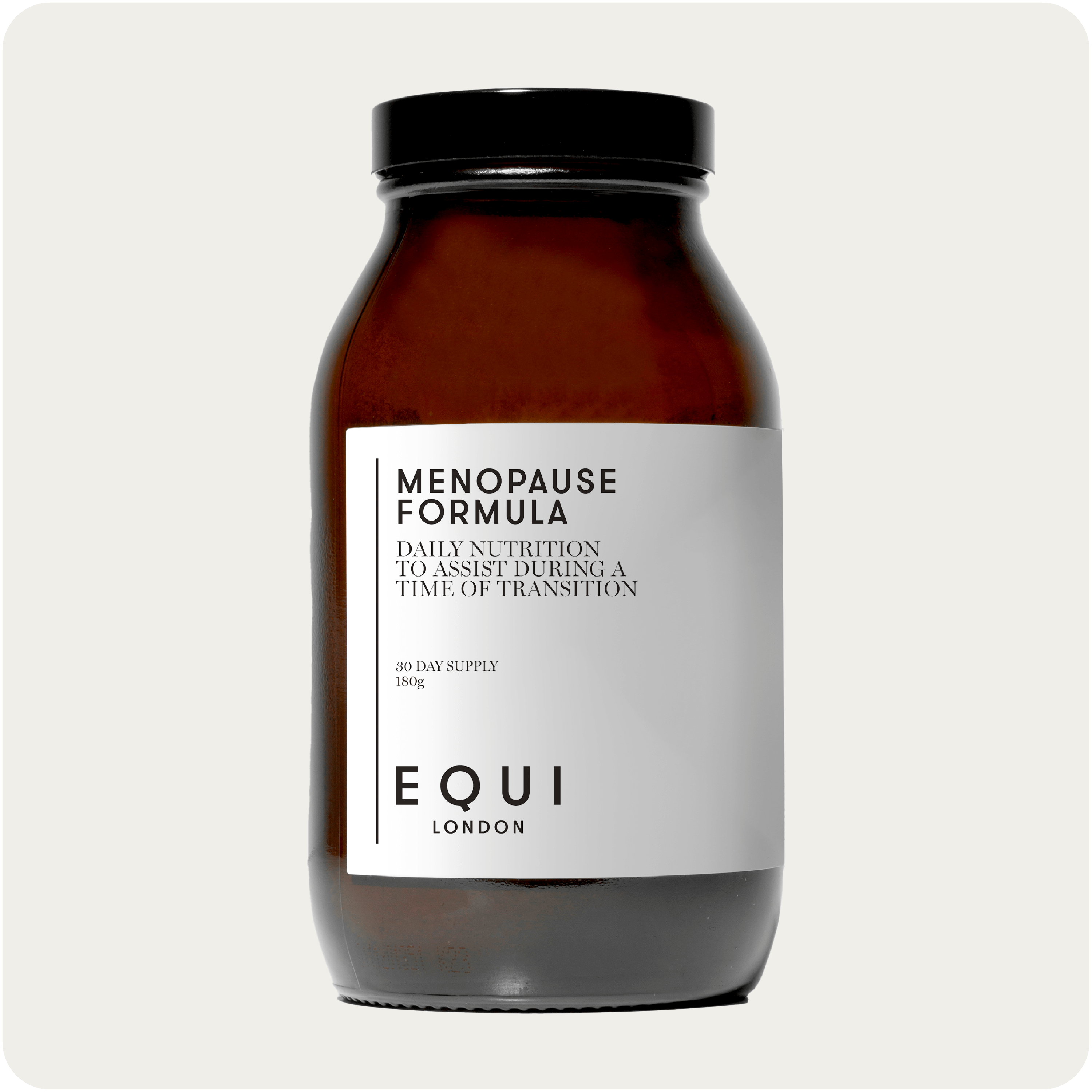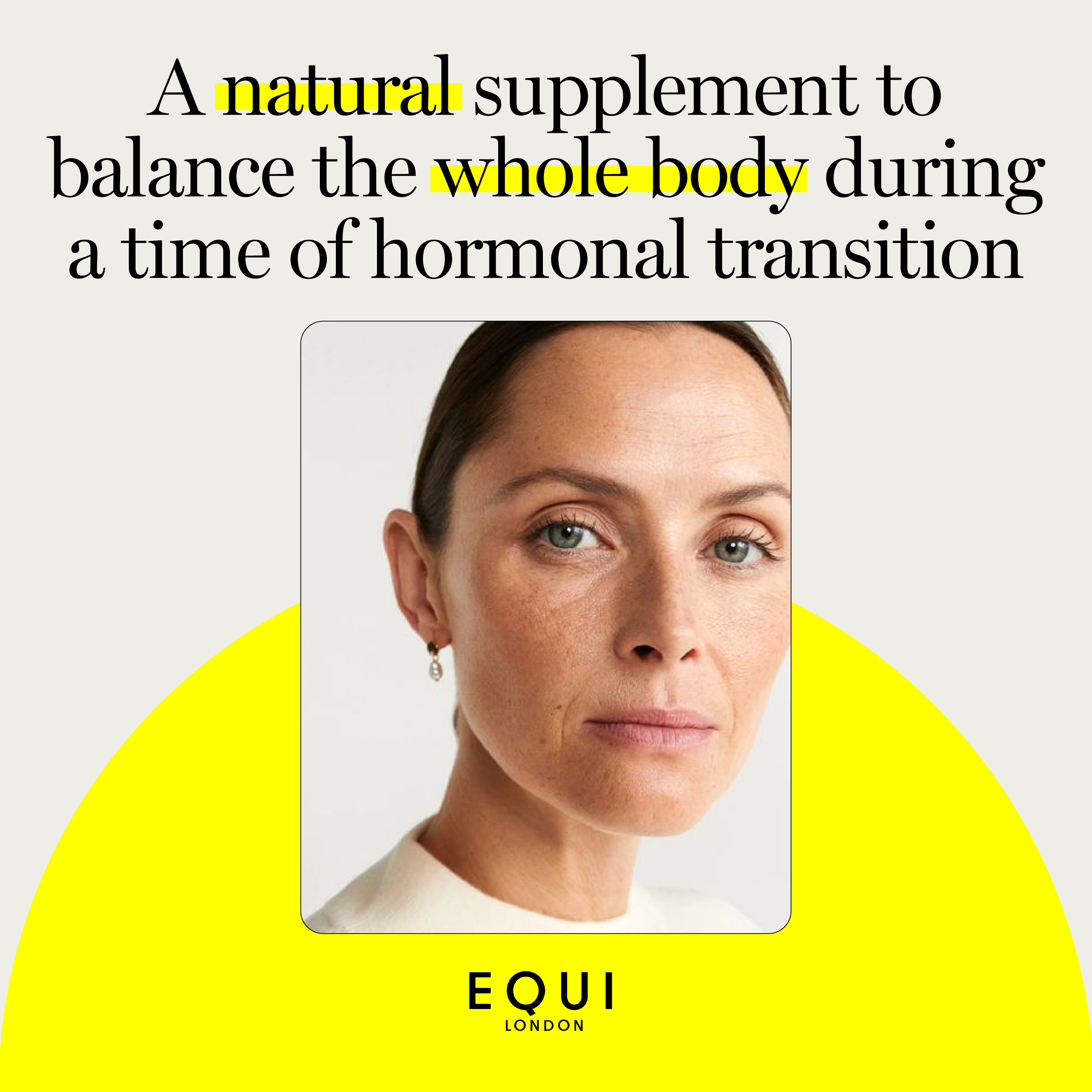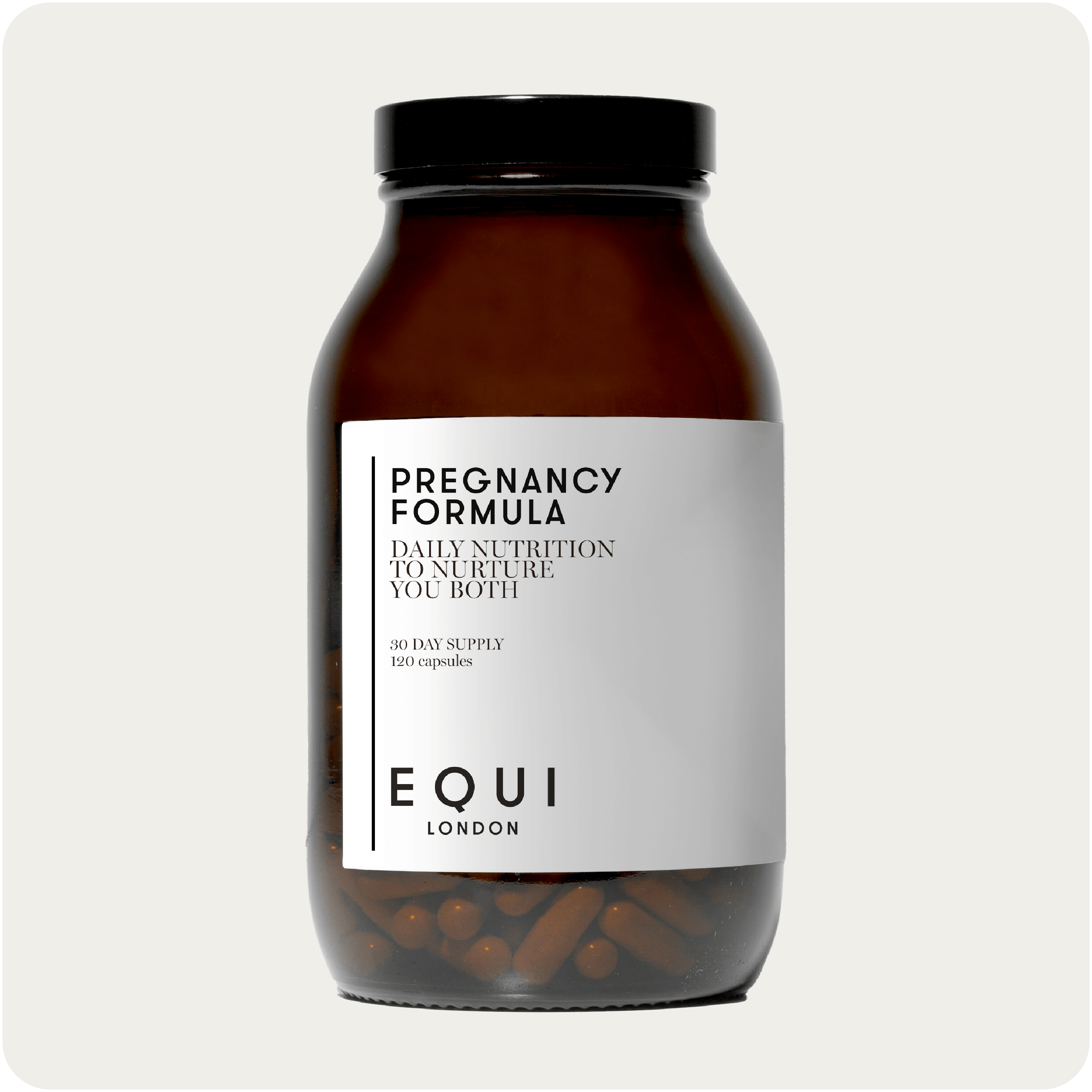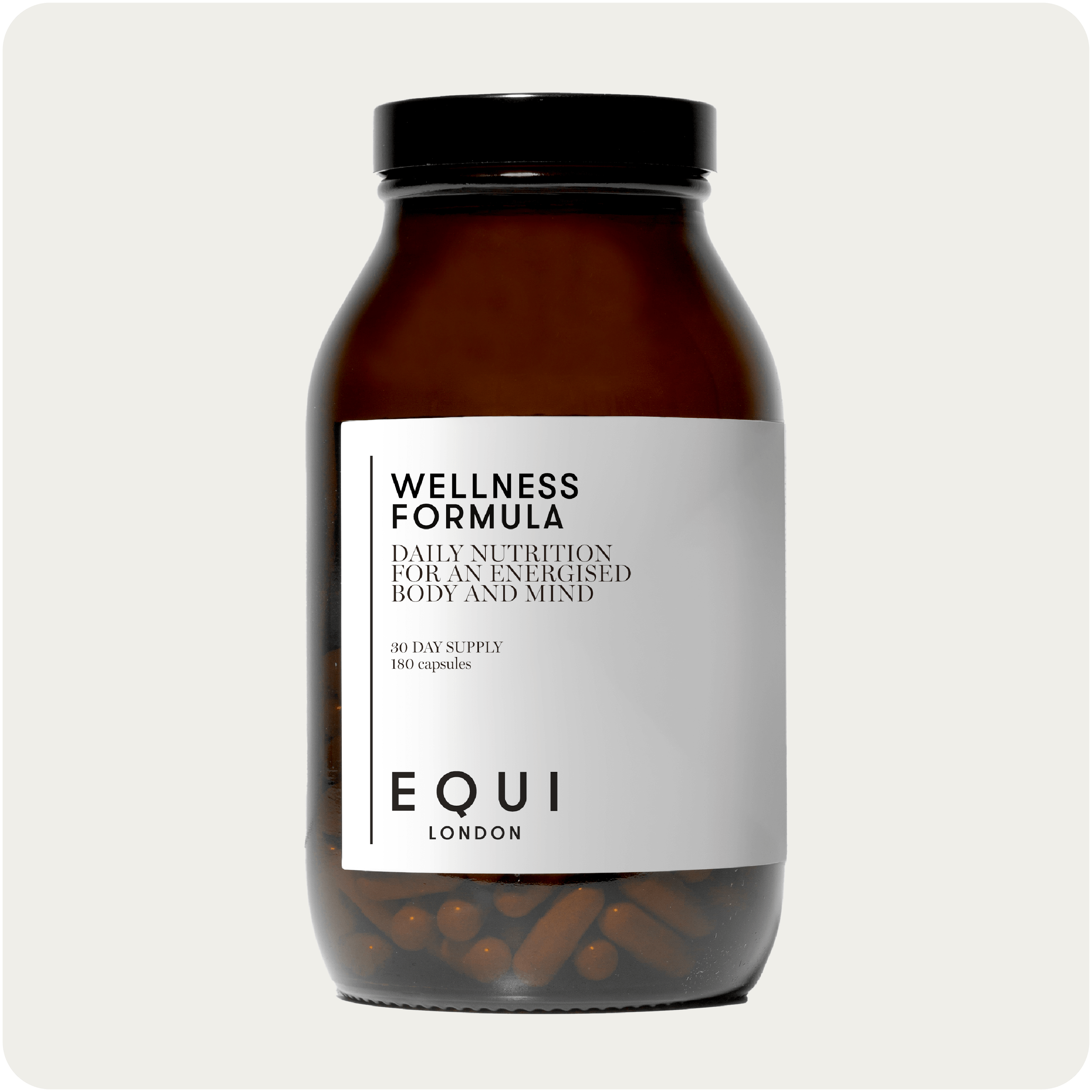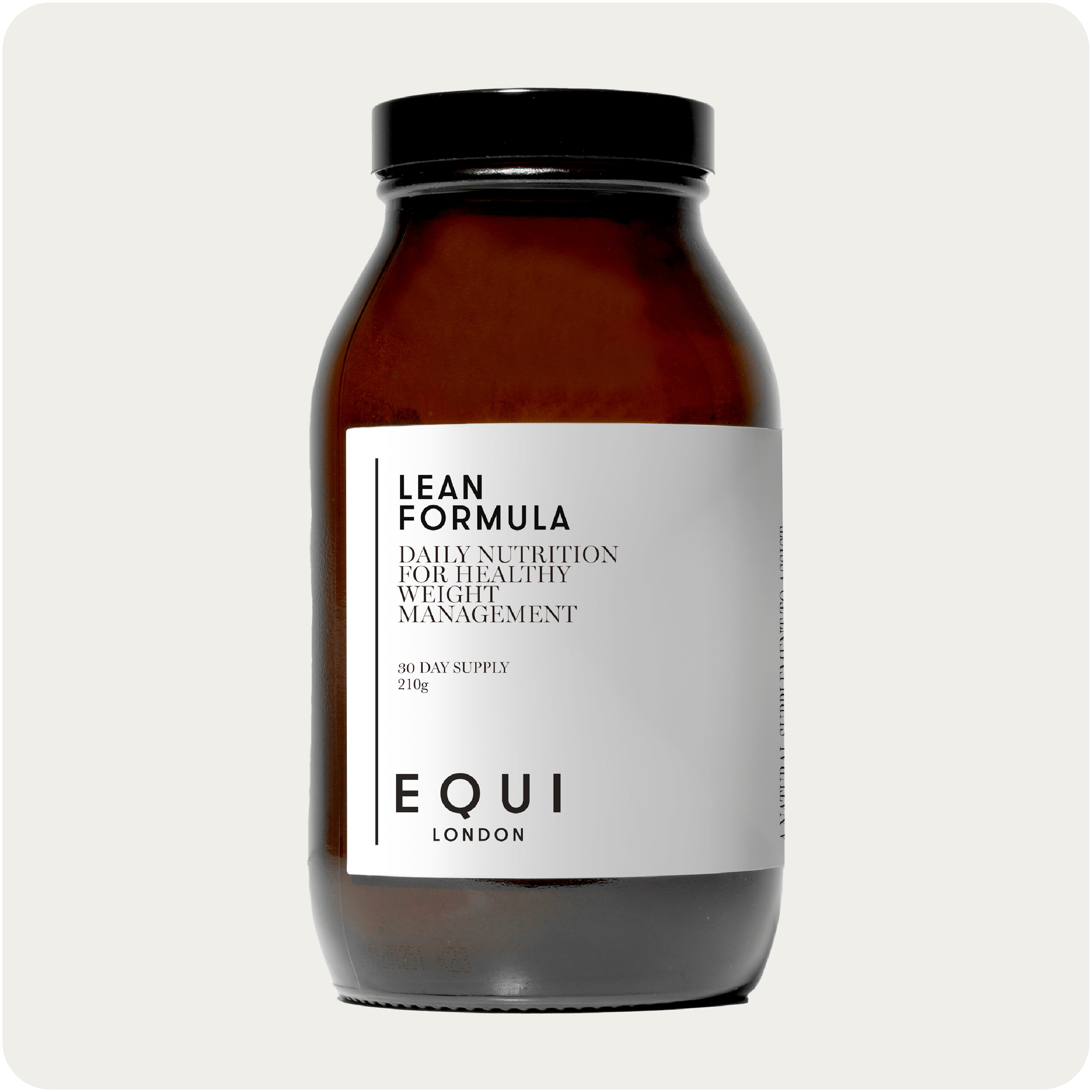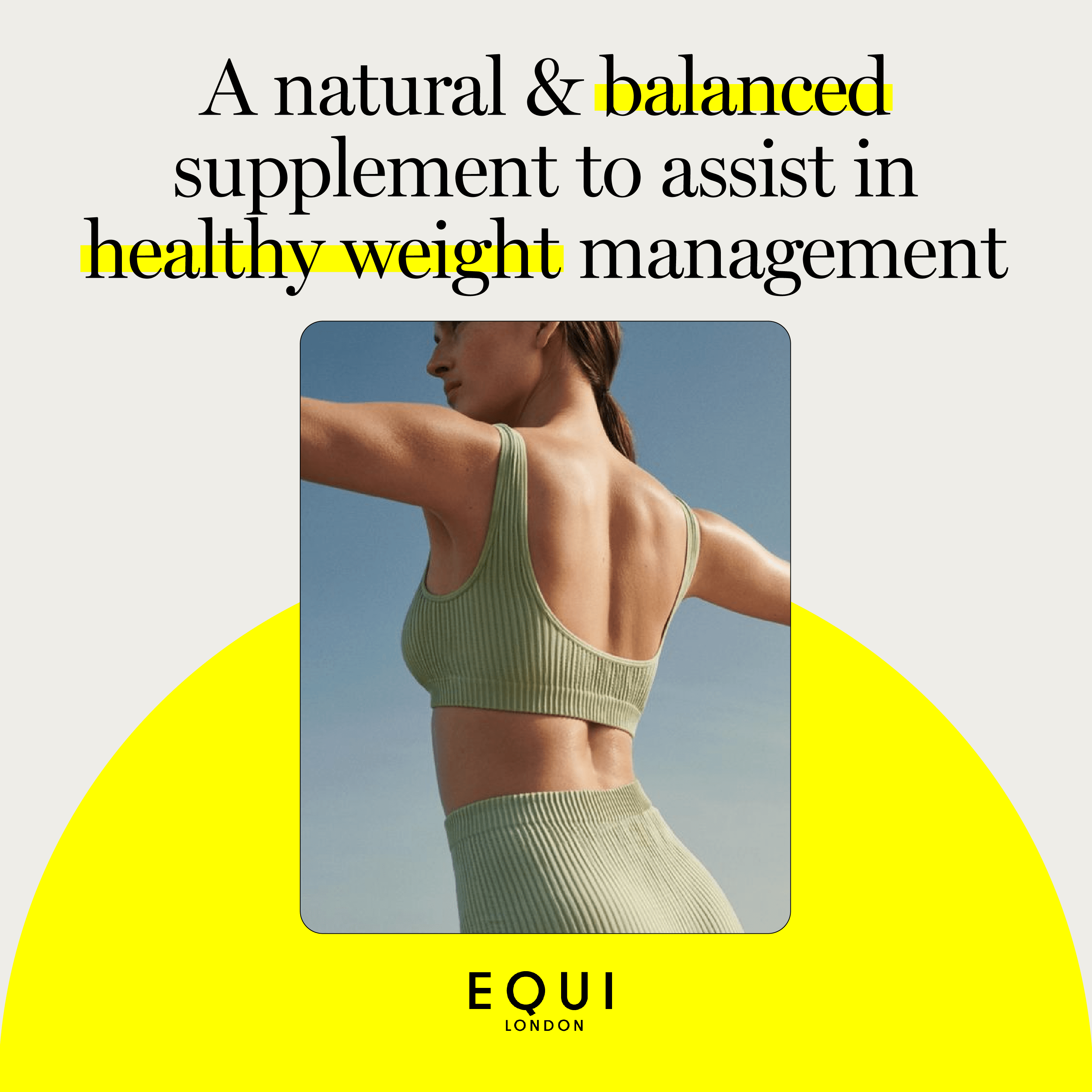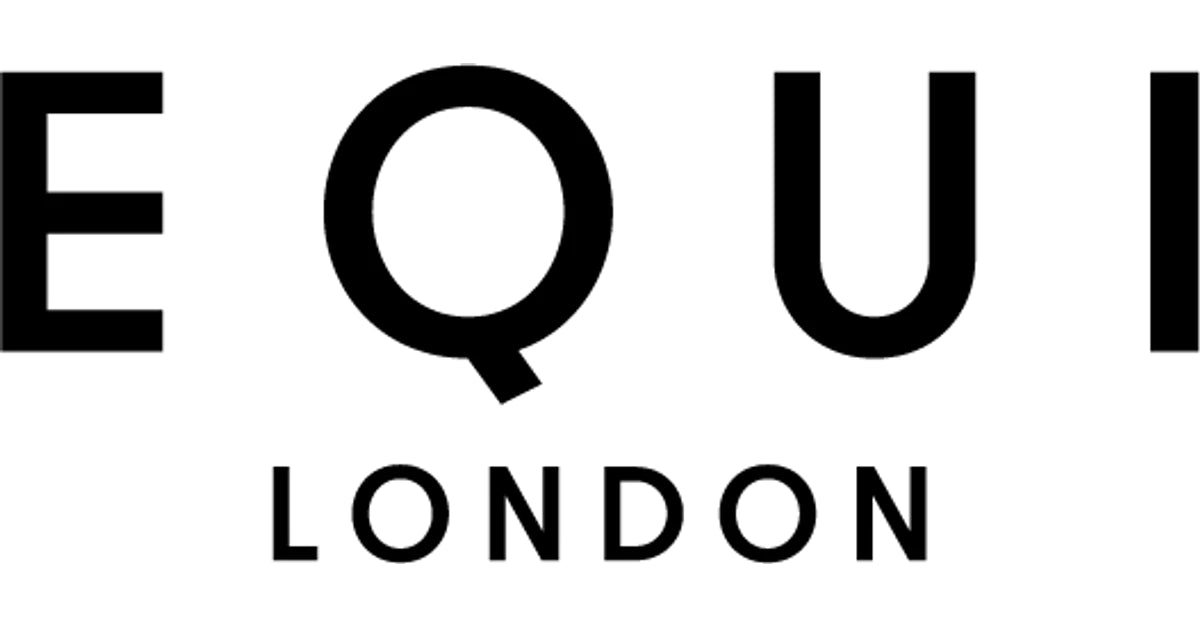
How To Manage Your Symptoms Without Just Relying On Medication
Longer days, blue skies (sometimes!) and frothy blooms on trees; all optimistic signs that the warmer months might really be here.. and if you're in the UK, you'll probably be really happy to hear this because this winter has felt extra long this year.
Except, wait a minute, now you can't go outside because when you do, you can't breath properly, feel like you have a million spiders crawling under your skin and your nose is running like it's mid winter. That's right, hay fever really is life's cruel joke for many of us. It comprises a collection of symptoms that, for some, range from annoying to debilitating.
What's more, it can be unpredictable, coming and going often irrespective of pollen count. You can also suddenly get symptoms where before you didn’t and many are complaining this year that their symptoms are worse than ever.
Out of desperation, most turn to drugs when their symptoms kick in and don’t even consider that there may be other options that don’t come annoying side effects like drowsiness and poor concentration. The other issue with drugs is that they don’t actually get to the heart of the issue, rather like sticking a plaster over a wound. Conversely, natural solutions can work to temper the immune system and discourage excessive inflammation and histamine production.
Can Nutrition Really Help Hay Fever?
Though there are rarely overnight fixes when it comes to managing our health, nutrition is definitely something to consider if you suffer with hay fever. This is because what we eat can have an impact on our immune system, our gut and our inflammation levels which can all, in turn, impact hay fever. There are even some foods that contain histamine (the compound in the body that actually creates the symptoms) and some find limiting these foods and drinks can help ease their symptoms.
Finally, there are some nutrients that can aid histamine breakdown in the body to help relieve the symptoms, so read on for our tips.
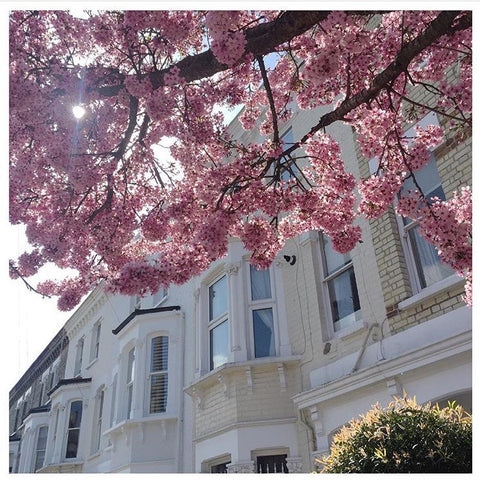
Histamine in the Diet
Amazingly some foods actually contain histamine and eating these in large quantities might make your symptoms worse. Remembering that everyone is different and results can vary, it’s worth experimenting with reducing these to see if it helps.
- Alcohol – Especially wine, champagne, cider, bee which are fermented.
- Fermented foods – Cheeses, vinegars, pickles and pickled vegetables (including sauerkraut and kimchee), preserves, miso, soy sauce, tamari.
- Aged and smoked meats – salami, smoked salmon, anchovies etc.
- Leftovers – of anything (the older the food, the more histamine)
- Dark chocolate and cacao
- Coffee and tea
- Dried fruit
- Ripe fruits such as banana and avocado
- Citrus fruits
- Strawberries, cherries, tomatoes, aubergine and spinach
Increase Anti-histamine Foods
Conversely, some foods are natural anti-histamines, especially those rich in quercetin (an antioxidant believed to inhibit the release of the inflammatory histamine) and Vitamin C (an anti-inflammatory immune system booster) can be of significant benefit.
Aim to increase the following:
- All colourful fruits and vegetables (apart from those listed above) especially red onions and apples with skin.
- Zinc rich foods – sunflower seeds, poultry, fresh oily fish
- Magnesium rich foods – fresh nuts and seeds, broccoli, watercress, cabbage, chickpeas.
- Anti-inflammatory foods such as ginger, garlic, turmeric, olive oil,
If you struggle to eat enough of these, both quercetin, zinc, magnesium, vitamin C can also be taken as a supplement to boost your levels. Propalis from bees also helps – all of these are found in Equi supplements.
Vitamins and minerals that can help with hay fever
VITAMIN C - A natural anti-histamine & immune support. Found in fruit & veggies – aim for 7 each/day (2 fruits max). We include vitamin C in almost all our products, as it has far-reaching, beneficial impacts on the whole body.
ZINC, B VITAMINS & MAGNESIUM - All vital for regulating histamine activity. A diet containing wholefoods, nuts/seeds, meat, fish/seafood, pulses & colourful veggies helps deliver all these, as will your Equi supplement.
QUERCETIN - Found in red onions, apples, green tea & berries, this is an anti-oxidant that can help reduce inflammation & histamine release. You can supplement this to see if it helps.
Gut Health and Hay Fever
The gut & immunity are intertwined so giving this support is key. Fibre (beans, wholegrains, veggies, seeds) & anti-inflammatory foods such as turmeric, ginger and garlic. A good pre/probiotic can also help but it's a good idea to make sure this is low histamine, like the ones in Equi products.
Practice Effective Sleep Hygiene
Getting a great night’s sleep is essential to the reduction of inflammation yet often frustratingly elusive courtesy of the discomfort caused by hay fever. Showering before bed during the high pollen season could help ease night time symptoms (you wash off pollen residues that may have settled on you during the daytime) and the closing of windows overnight can also help.
We also recommend buying a new pillow if yours is over 4 years old and symptoms are bad at night.
Invest in an air purifier for your home
Clearly if pollens find their way onto you during the day, it’s fair to expect them to find their way into your house. More effective than wearing yourself out with constant cleaning (which is still unlikely to remove all pollen and spores) you may benefit from investing in an air purifier which filters out the pollen particles – remember to change filters regularly and look for a HEPA standard model.
Other ways to reduce the effects of seasonal allergies out and about
Whether it’s a quick trip to the shops or commuting to the office, it’s highly likely during hayfever season that outside of home you will encounter irritating pollen. You can help alleviate your symptoms and the amount of pollen introduced to your system in a few easy steps:
- To reduce the amount of pollen entering your system, pollen barrier balm can be dabbed around your nostrils, where it will trap pollen particles before they enter your airways.
- Also available are hay fever bands that target acupressure areas which are thought to help relieve symptoms. Whilst the science behind these is inconclusive, as inexpensive remedies go these may be worth trying.
- Herbs such as liquorice root, chamomile and nettle make wonderful, symptom reducing teas - ideal for popping in a flask and sipping on your travels. Add some raw honey for extra support.
Hay fever needn’t mean foul tasting concoctions, barrels of drugs and hiding away indoors; with these straightforward tips you could reduce your symptoms and importantly enjoy more of the warmer months. Bring on Summer!
Disclaimer: Certain supplements are used for different reasons and a one-size-fits-all approach shouldn’t be adopted. In addition, pregnant women and anyone on medication should always consult a doctor before embarking on a supplements programme.
